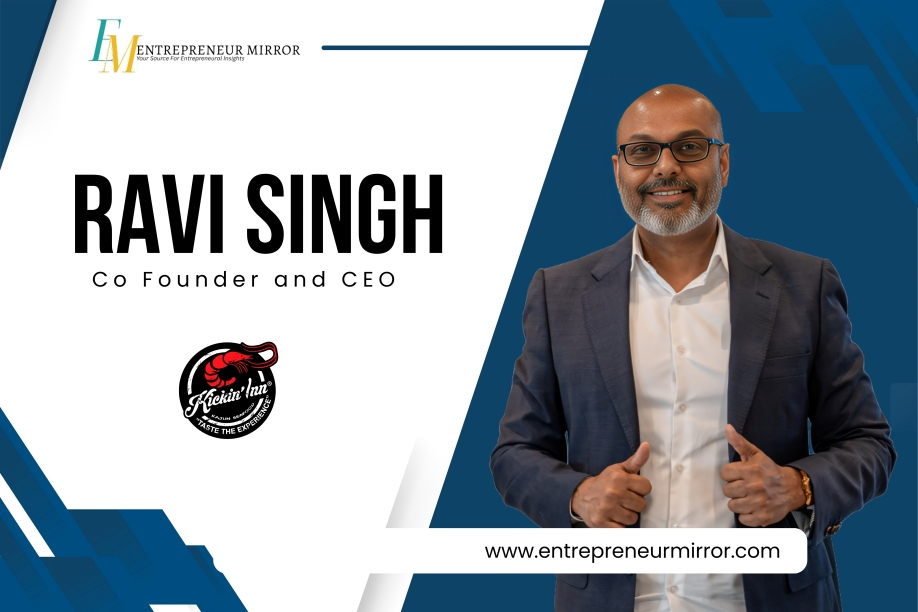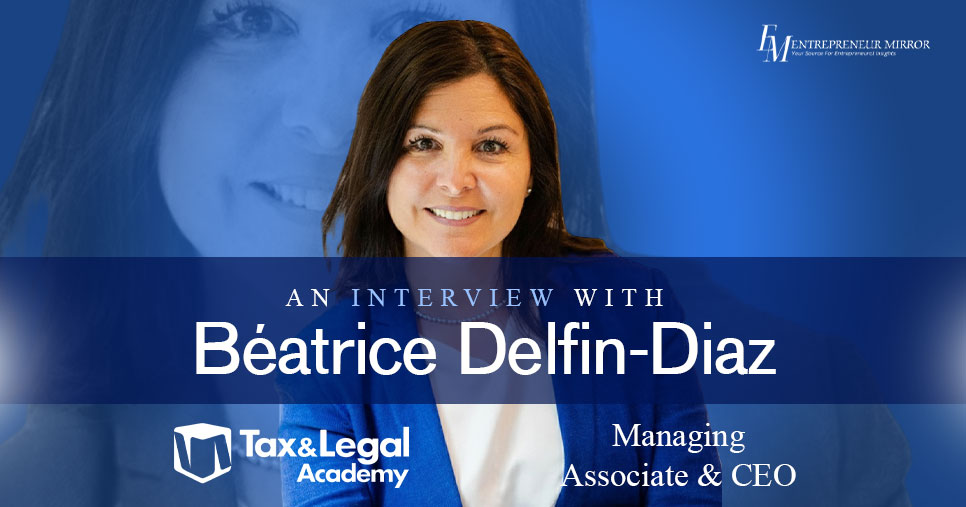In today’s digitized world, many relish the idea of keeping certain aspects of their lives private, especially when it comes to their online presence. However, with tools like PimEyes emerging, the notion of online anonymity might be at risk.
Emerging from the minds of two computer programmers in Poland, PimEyes employs AI to sift through the vast internet realm. With just a single photo, even of someone you’ve never met, it’s possible to track down their digital footprints. The intention, as stated by the company, is to help users monitor where their face might be appearing online. But, as with many tools bearing potent capabilities, there’s a flip side.
Years ago, Google’s Eric Schmidt flagged the potential dangers of such technology. In a chat with NPR, Kashmir Hill, a reporter with the New York Times and author of Your Face Belongs to Us, recalled Schmidt’s words from 2011. Google had treaded these waters but chose to pull back, fearing the repercussions if such power landed in malicious hands.
PimEyes isn’t hidden behind a paywall. Its basic functionalities are available for anyone to use. Those seeking a deeper dive can opt for subscription plans, with the priciest tier, at $299.99 a month, promising an exhaustive “Deep Search.”
Despite the company’s guidelines emphasizing self-searches or searches with the subject’s consent, there’s little in place to prevent misuse. How long before unauthorized searches become the norm?
Experts like Woodrow Hartzog, affiliated with the Boston University School of Law, voice deeper concerns. If tools like PimEyes become ubiquitous, the age-old act of “hiding in plain sight” might become a relic of the past. His recommendation leans towards governmental interventions, possibly even outright bans on such tools.
The buzz around PimEyes isn’t confined to tech circles. On TikTok, videos flaunting the tool’s capabilities are drawing millions. In a telling instance, a user revealed the identity of a camera operator at a Taylor Swift concert, pulling back the curtain on his name and social media profiles. For many viewers, the revelation was unsettling, to say the least.
Those wary of being caught in PimEyes’ net can opt out, though it demands they share a photo and provide ID verification. A paradoxical solution, isn’t it?
With platforms like PimEyes gaining traction, the debate around online privacy is bound to intensify. As individuals navigate the digital era, the question remains: How much privacy are we willing to sacrifice, and at what cost?
Also Read:






























































